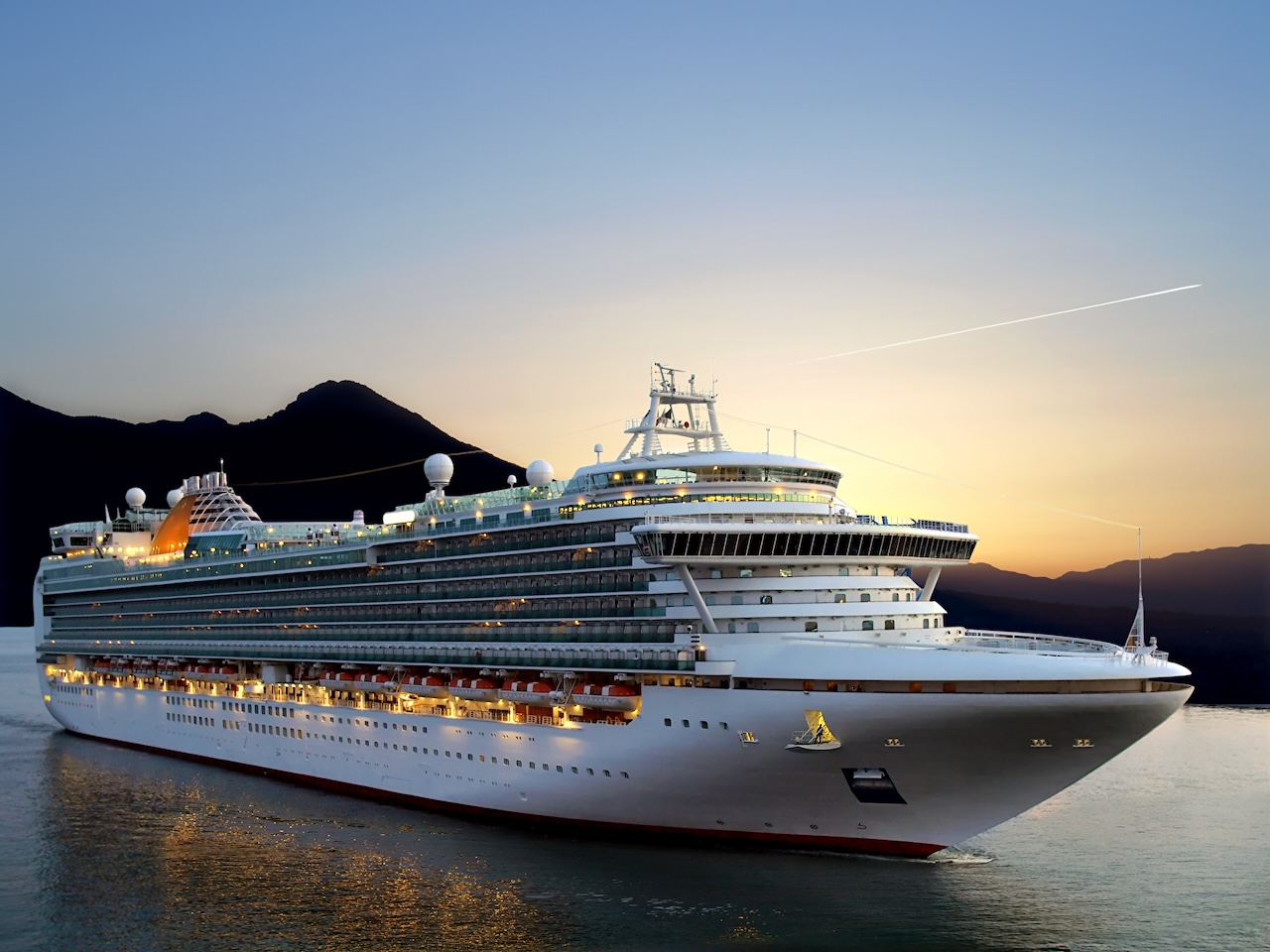Bildagentur PantherMedia / ml12nan
Cruises are trendy.
Cruises are very popular. But you should be prepared in case of illness or a medical emergency on board. Because an important insurance policy is not valid on board.
More and more Germans are opting for a cruise. According to current statistics, a total of around 3.7 million people from Germany will have taken an ocean or river cruise in 2023. This is a significant increase compared to the 2.6 million passengers in 2019.
However, you should be prepared in case of illness or a medical emergency on board. Despite well-equipped on-board doctors and emergency rooms on cruise ships, in the event of illness, accident or urgent medical treatment, rapid disembarkation to a hospital in the next port may be necessary. And central insurance does not apply here.
Attention statutory health insurance policyholders!
The insurance card from the statutory health insurance company is not accepted on board, as medical treatment on ships is billed as a private service. You must therefore pay in advance and can then apply for reimbursement from your health insurance company. For those with statutory insurance, however, it only covers a small amount of coverage.
You might also be interested in:
A worldwide valid international health insurance policy is therefore essential, stresses the ADAC. In the event of an emergency, it should also cover the organizational and financial costs of medically sensible and justifiable return transport. In addition, it is important to take out travel cancellation and trip interruption insurance to protect yourself against unexpected costs.
In this case, private accident insurance also makes sense, since statutory accident insurance only covers the journey to and from work.
Tips from the ADAC ambulance service for health emergencies on cruise ships
For people with pre-existing medical conditions, it is strongly recommended that they speak to a doctor – the most appropriate person is their family doctor – before going on a cruise to check whether traveling on cruise ships is suitable for their individual health and medical needs.
Medicines and emergency equipment
Passengers should take their own medication and a first aid kit with them. This can help with individual pre-existing medical conditions, but also with minor complaints and can bridge the time until professional medical care is available.
Taking out insurance in a timely manner
Before traveling, you should take out international health insurance that is valid worldwide. This covers the costs of treating illnesses and emergencies on board and in foreign hospitals and organizes medically sensible and justifiable repatriation to a hospital at home. Travel cancellation and trip interruption insurance protect against unexpected costs if the trip has to be canceled for health reasons.
Disembarkation
If disembarkation becomes necessary, for example in the case of a heart attack, stroke or severe trauma caused by falls or infectious diseases such as a Novo virus, the ship’s doctor will take care of the patient, according to the ADAC. Disembarkation can lead to delays in treatment, as the evacuation must first be organized and carried out before the patient can receive the necessary medical care on land. In emergencies such as a heart attack, stroke, sepsis, etc., delays in treatment can have potentially serious consequences.
Service organizations such as the ADAC Ambulance Service can provide further care after arrival on land or as soon as the patient has arrived at a hospital on the mainland. Either with telephone support or, if necessary, a medically acceptable return transport to a hospital in the patient’s home town.


